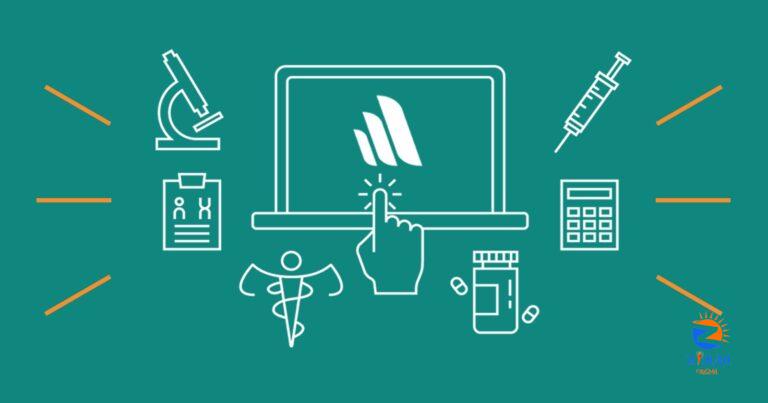
[ad_1]
Substance- or medication-induced psychotic disorder is characterized by hallucinations and/or delusions due to the direct effects of a substance or withdrawal from a substance in the absence of delirium.
Episodes of substance-induced psychosis are common in emergency departments and crisis centers. Many substances may bring on these episodes, including alcohol, amphetamines, cannabis, , hallucinogens, opioids, phencyclidine (PCP), and sedatives. To be considered substance-induced psychosis, the hallucinations and delusions should be greater than those that typically accompany simple substance intoxication or withdrawal, although the person may also be intoxicated or withdrawing.
(See also Introduction to Schizophrenia and Related Disorders.)
Treatment
In most substance-induced psychoses, stopping the substance and taking an antianxiety or antipsychotic drug is effective.
For psychosis due to drugs such as LSD (which stands for lysergic diethylamide), quiet observation may be all that is needed.
It is important for people treated for substance- or medication-induced psychotic disorder to follow up with their doctors to treat any substance use disorder and to determine whether the symptoms are an early stage of schizophrenia or a related disorder.
[ad_2]